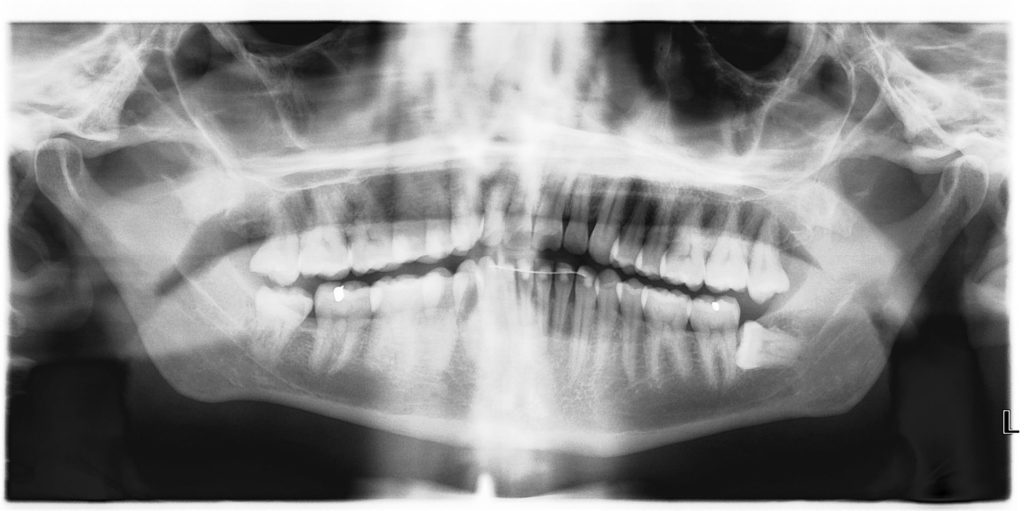
Considering Wisdom Teeth Extraction Later Than Usual
Between the ages of 17 and 25, most people say goodbye (and, on many an occasion, good riddance) to their wisdom teeth. Others may never need to have them removed. Still others may go their whole lives without their wisdom teeth ever making an appearance.
If you’ve made it through your mid-20s without having your third molars extracted, there’s a good chance you’ll never have to. But there are still sneaky ways these obsolete chompers can cause you problems later in life, and there may come a time when you realize they need to be escorted off the premises after all.
Negative Effects Of Wisdom Teeth
Wisdom teeth no longer serve much of a useful purpose, but they sure can cause trouble! Even after years of détente between you and your antagonistic teeth, you may begin to experience pain, swelling, bad taste or breath, or other discomfort. Among the uncool things wisdom teeth can do are:
- Crowd, damage and push around their much more valuable neighbors
- Erupt in such a way that they’re difficult or impossible to properly clean, leading to tooth decay
- Cause irritation, inflammation and even infections in the gums, resulting in pain, bleeding and sensitivity
- Develop cysts that may damage or destroy nearby bone
- Just plain hurt – either the teeth themselves or the gums around them
… and How They Can Pile Up
Any of the wisdom teeth problems you can experience in your 30s or beyond, you can experience as a teenager or young adult. But the longer a problem exists, the more damage it can do. Decay or degradation caused by inadequate cleaning gets worse over time. Infections – which you may not even notice at first – can spread, eventually causing oral discomfort beyond the immediate vicinity of the offending tooth.

Reasons Not to Wait (Any Longer)
As with any surgery, your risk of complications rises with the number of candles on your birthday cake. For wisdom teeth removal, that risk is still pretty low, but it’s not going to get any lower, so if you’re experiencing problems now, that makes now a good time to look into extraction. Another thing that may go up with age: recovery time. Most oral surgeons estimate a 2-4 day recovery period for extraction, but that’s for the age 17-25 sweet spot; the further past it you get, the longer you have to wait before eating popcorn again.
Further Complicating Factors
Bone density increases with age, so the removal procedure can be more difficult to perform on older patients, and bone takes longer to regenerate afterward. The extra time also allows the teeth to grow deeper roots, which means greater risk of nerve damage during the procedure – so if you need to get them removed, be sure you use a skilled oral surgeon you can trust.
Then there are interactions with other health conditions that become more concerning as we get older. People with diabetes may be at higher risk of wisdom teeth-related infection, while problems with oral health can exacerbate heart problems down the line. And on top of that, if wisdom teeth are difficult to clean now, they’ll get even trickier should brushing and flossing be complicated by arthritis or suchlike conditions.
Schedule Your Appointment Today
Getting your wisdom teeth out later than usual may sometimes increase recovery time, but if yours stand to cause you problems down the road, there’s no time like the present. At Magnolia Dental, we work hard to ensure the process is as comfortable as possible for the patient from beginning to end. We’ll even provide you with a personal recovery timeline!
We offer wisdom teeth removal at several of our offices, including our Grove City office, which celebrates its one-year anniversary in September. Reach out to Dr. Leukart today to find out more about how we can extract wisdom teeth with a minimum of fuss!

